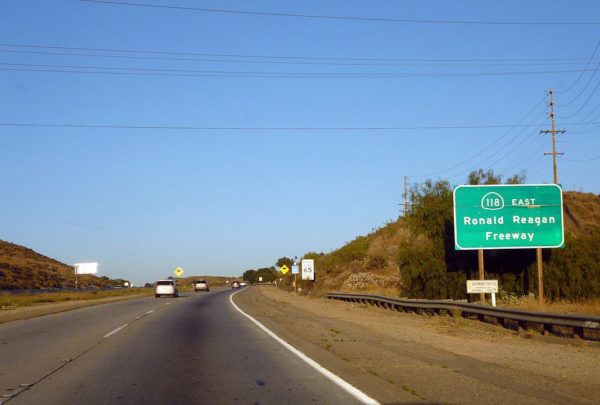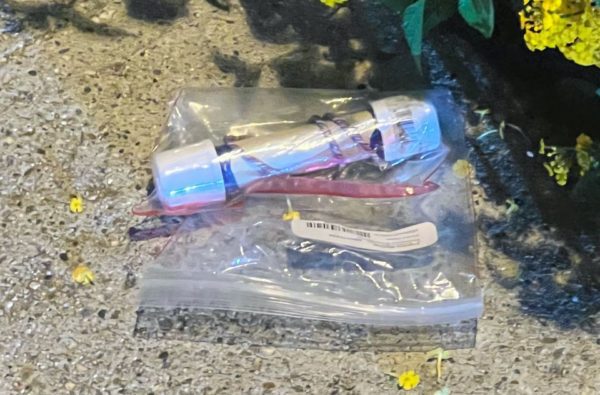Citing an urgent shortage of resources to properly care for animals in the city’s care, Councilman Paul Koretz introduced a motion Tuesday asking Los Angeles officials to determine the budgetary needs to fully staff seven animal shelters.
Koretz’s motion — which came as the council committee he chairs got another earful from the public about challenges facing the shelters — asks the Department of Animal Services and other relevant city departments and stakeholders to report back in 60 days on the percentage of the city’s annual General Fund expenditures necessary to fully staff the shelters and expand operational hours.
It would also explore additional funding options such as a possible parcel or sales tax, and options for using general obligation bonds.
“This summer our shelters, volunteers and animals have felt the brunt of staffing shortages and we need to address this issue through formal budgeting,” Koretz said. “This motion is the first step to identifying sustainable long-term solutions and relief for our shelters and animals. While the current problems are more acute, this is a department that has never been provided with an adequate budget.”
Koretz said the city only has enough General Fund money to operate four shelters, instead of the six it currently runs, along with a seventh operated under contract with a nonprofit group.
He added that under city law, fundraising and grant-seeking efforts cannot be used to pay for staff, so addressing the issue becomes a matter of formal budgeting.
“Animal Services is one of the few city departments whose staff is directly responsible for the care of living beings. As such, while the city has played a national leadership role with regard to animal welfare policy over the last couple of decades, a more reliable manner of funding DAS should be a priority going forward,” the motion states.
The motion was seconded by Councilman John Lee, who said, “It is imperative that we as a city are doing everything we can to properly care for and protect the well-being of animals.”
The council’s Personnel, Audits and Animal Welfare Committee scheduled Tuesday’s special meeting to follow up on a July emergency session, during which the chief of Los Angeles Animal Services blamed insufficient staff levels for problems including dogs living in overcrowded conditions while sometimes going weeks or months without being walked.
Callers to both meetings bemoaned alleged animal neglect and insufficient staffing at the city facilities, and accused the department of dismissing multiple volunteers for blowing the whistle about various issues at the shelters in a Los Angeles Times article in July that widely exposed the problems.
LAAS officials did not immediately respond to a request for comment about the dismissed volunteers.
One caller Tuesday said he recently visited the West Los Angeles shelter to adopt a guinea pig, was unable to find a shelter employee to help him and observed filthy conditions in the guinea pig and rabbit enclosures.
“I left the shelter very concerned about how animals are surviving in these conditions,” he said.
Some complained the problems were known about long before the Times’ article, and a few said Mayor Eric Garcetti should shoulder some of the blame along with the committee.
The coronavirus pandemic has had a major impact on staffing levels at shelters. Interim General Manager Annette Ramirez told the committee at last month’s emergency meeting that 58 staff members were out due to COVID-19 exposure or a positive test.
At last week’s meeting of the Los Angeles Animal Services Commission, Ramirez said 42 staff members were off-duty due to COVID-19 during the week of July 25-31, down from 48 the week prior.
The problem has been exacerbated by a city of Los Angeles policy that offers city workers exposed to COVID-19 the option to take a paid, 10-day leave even if they do not have symptoms. That policy is beyond current Los Angeles County Department of Public Health recommendations. And last week, the U.S. Centers for Disease Control and Prevention updated its COVID guidelines and no longer recommends quarantine for those exposed to the virus if they have no symptoms.
Ramirez added last week that the department was currently trying to fill 24 vacant vet tech positions.
The complaints extend beyond the dog-walking issue. Adequate cooling during hot summer months is a concern, with Ramirez telling the LAAS Commission last week that only the West Valley shelter has air conditioning.
Callers to the Aug. 9 commission meeting described troublesome conditions at the animal shelters, with insufficient staff to meet demands.
“There was no supervisor, no clerk to process paperwork, there were only four ACTs, two of which were on light duty, one ACT came from another shelter and had to assist the medical team. That left one ACT to care for over 300 animals,” said one caller of her visit to a shelter on a recent Sunday. “There was only one ACT on swing. … It is simply not possible to provide basic care and to make sure all these animals are fed and living in clean environments with staffing numbers like this.”
But Commission President Larry Gross refuted those charges, saying he had personally visited five of the city’s six shelters recently, “unannounced and unidentified.”
“I walked up and down the kennels, I talked to volunteers and staff. I found that, generally speaking, we have challenges, but overall our kennels and our shelters were extremely clean. I didn’t find any animals that were in distress there,” Gross said.







